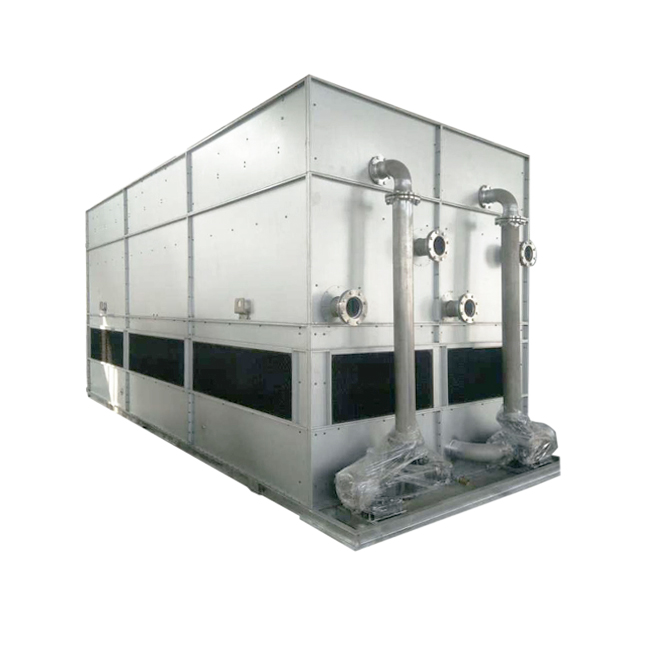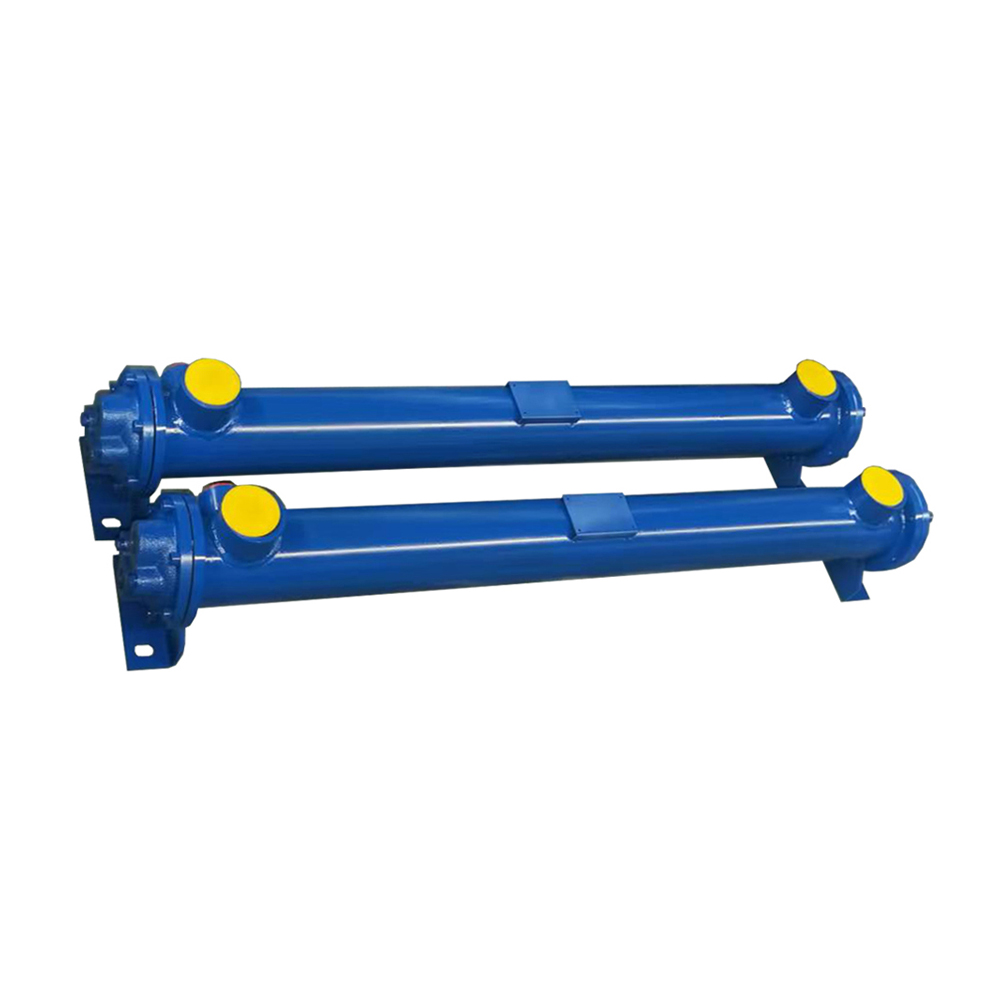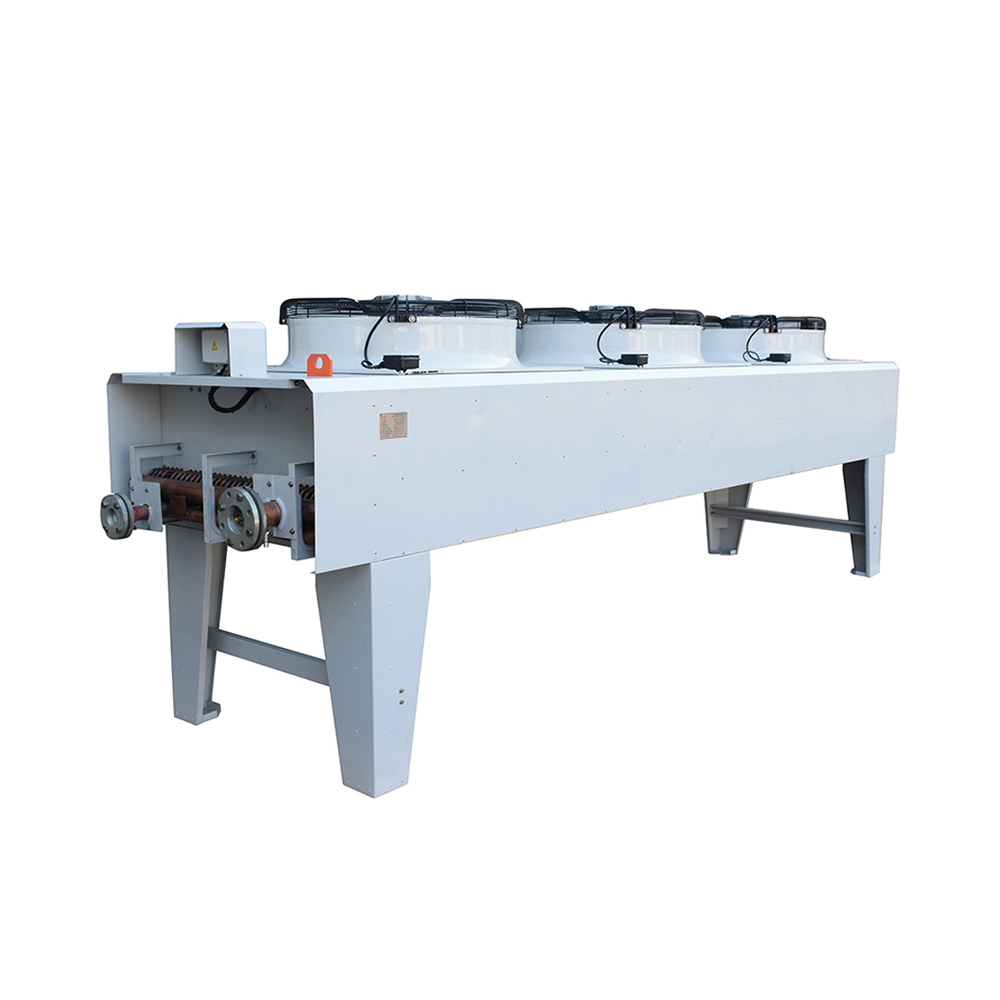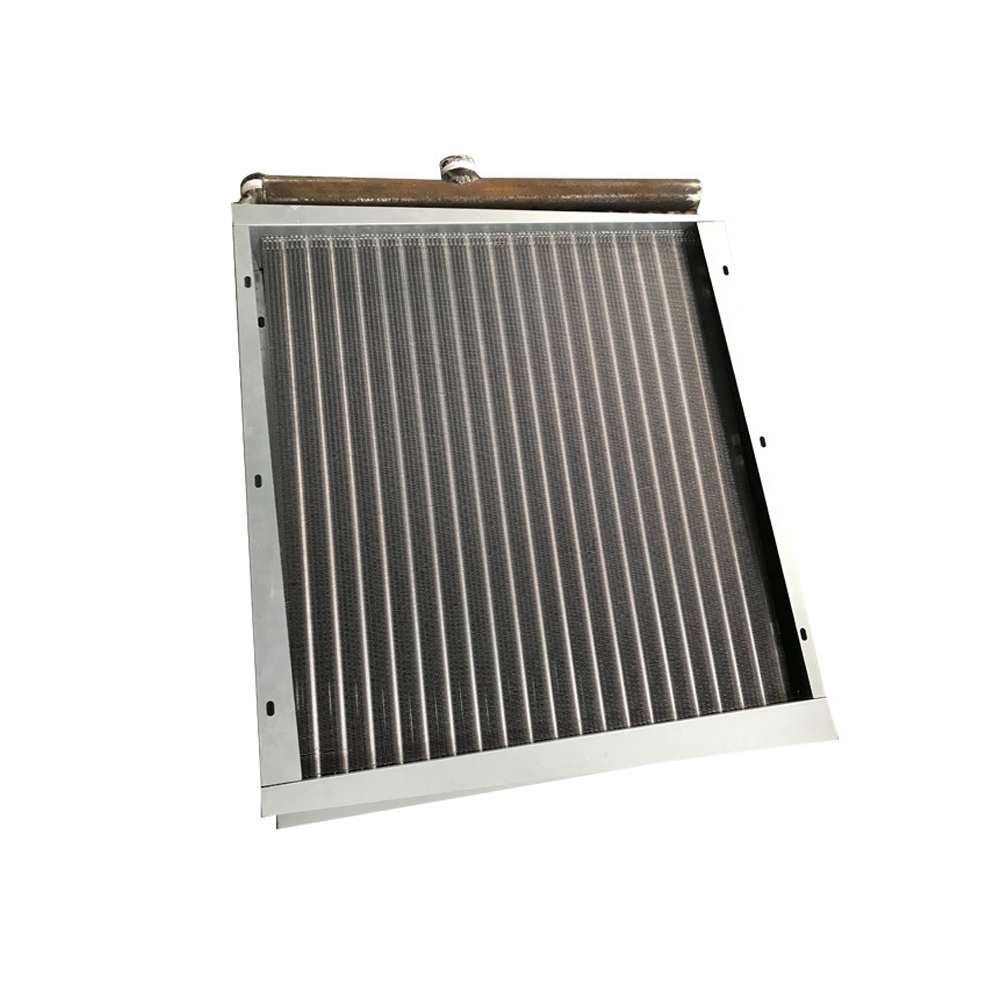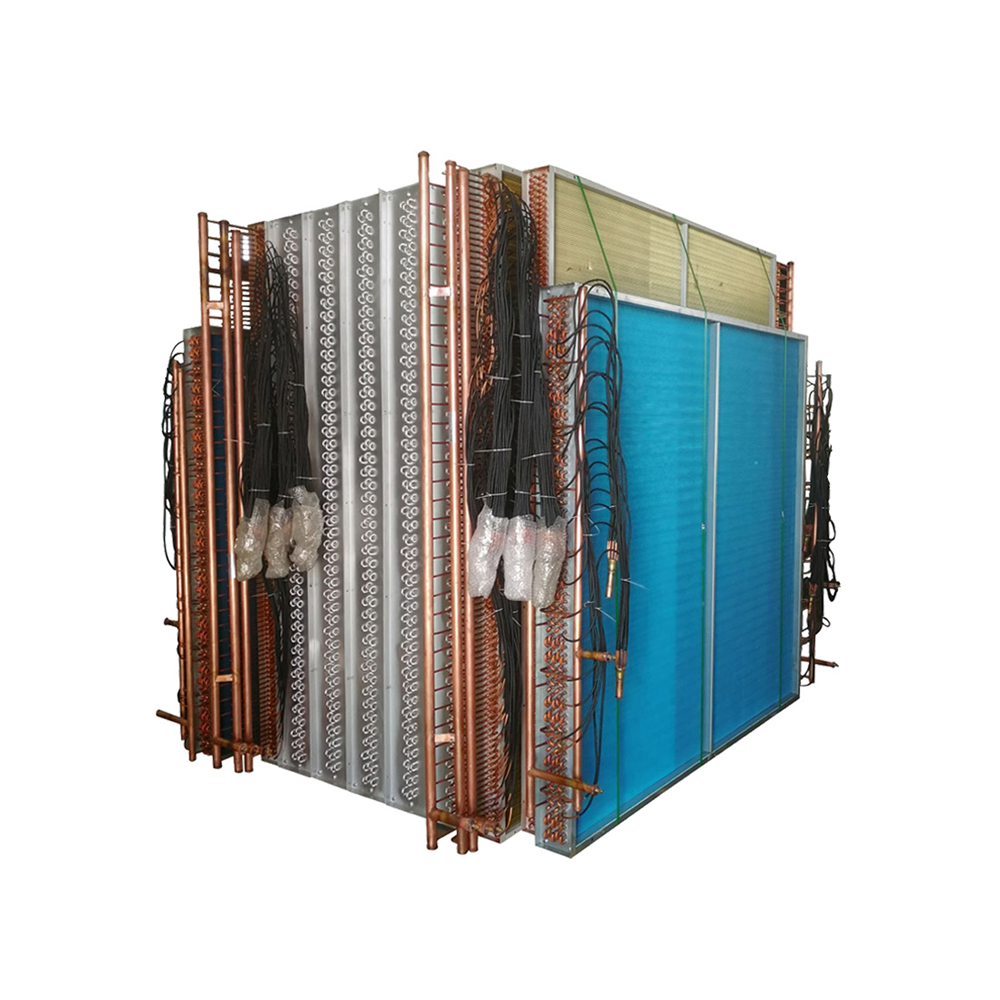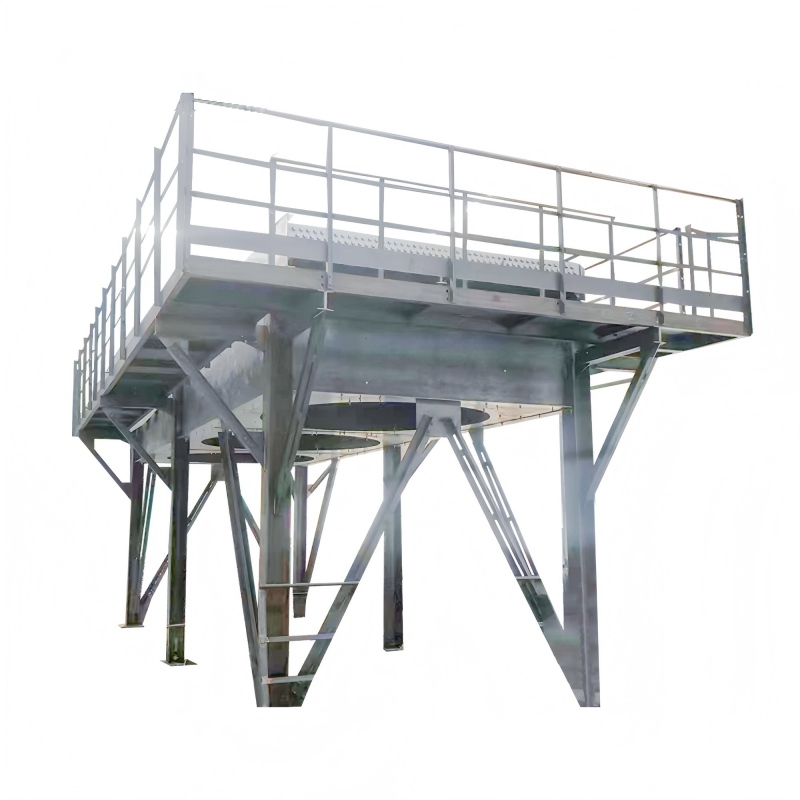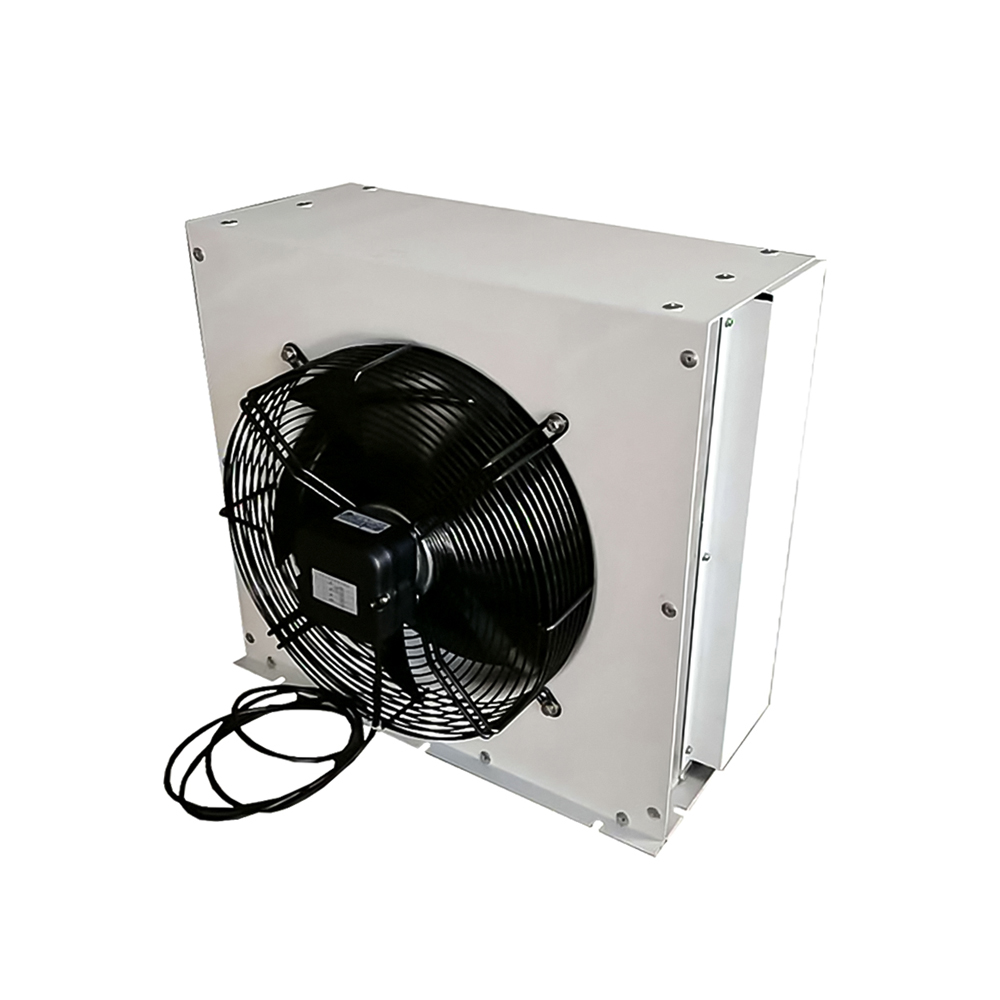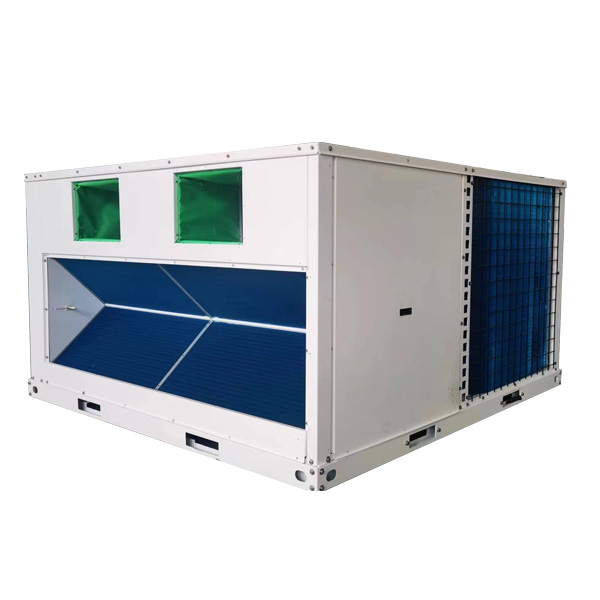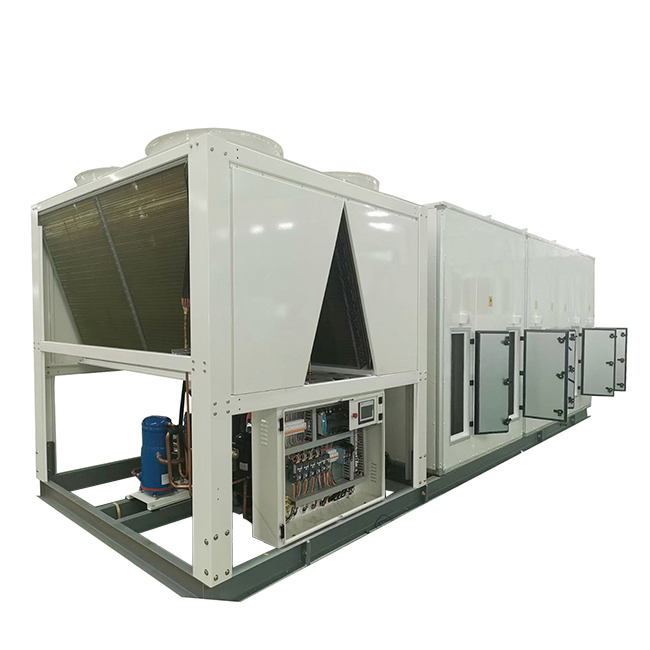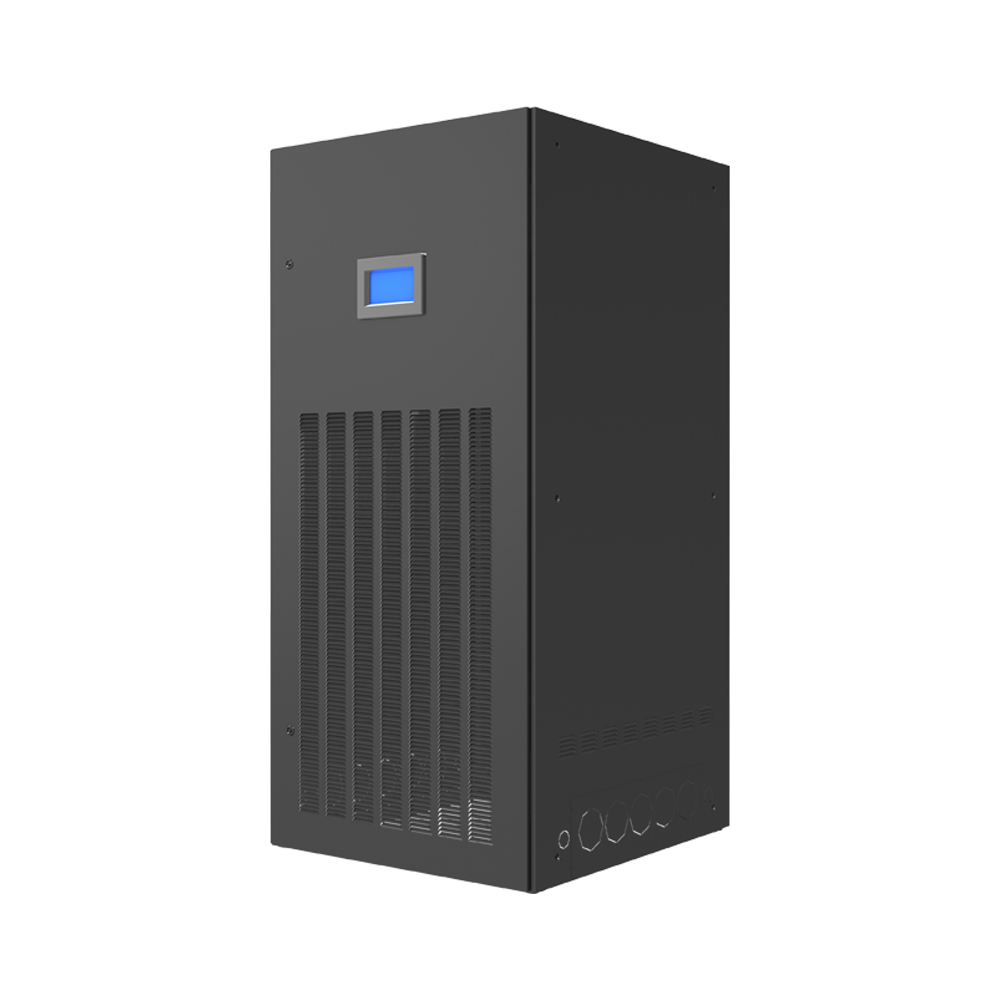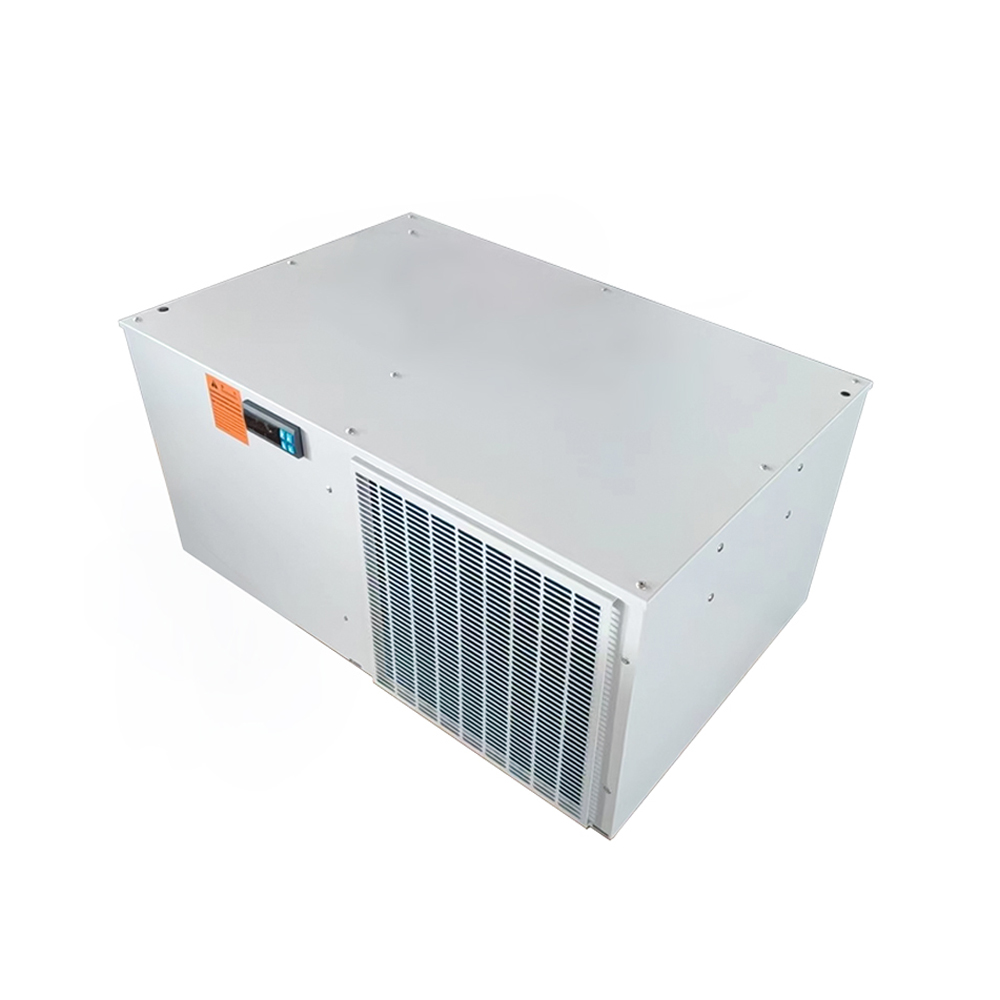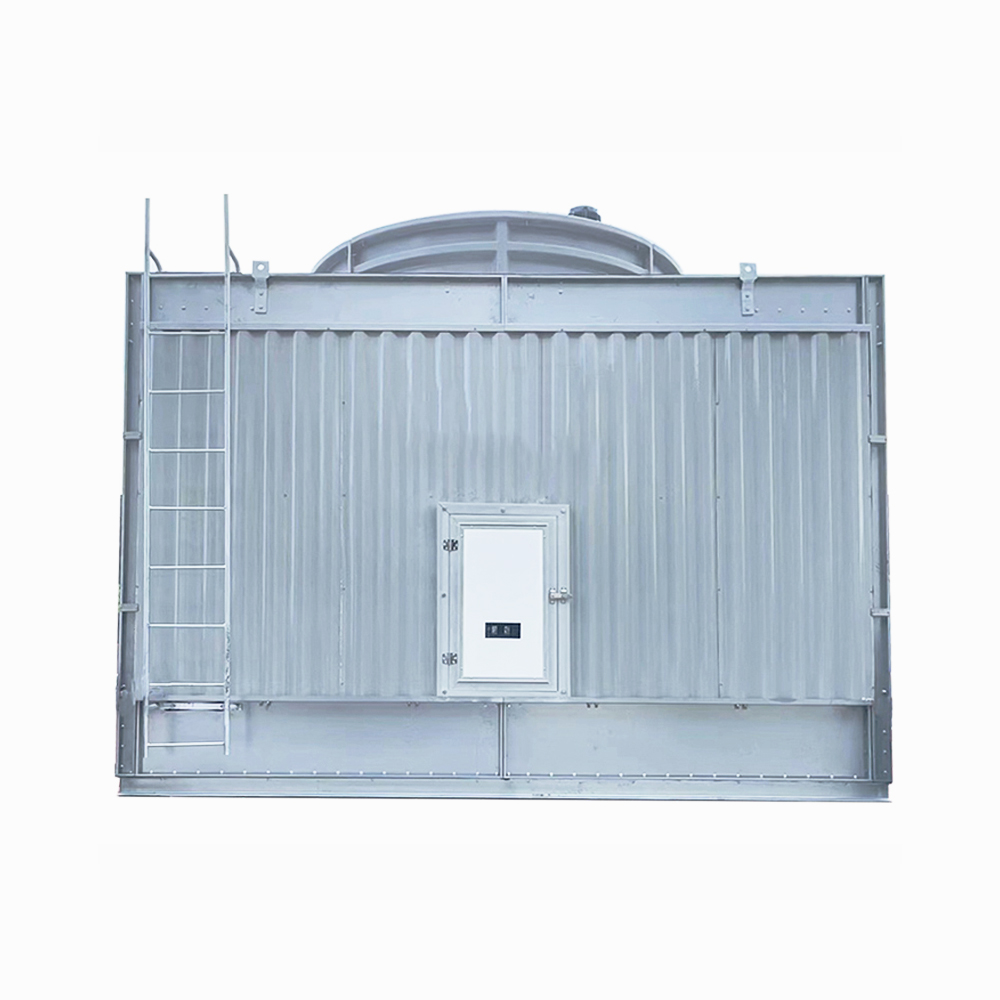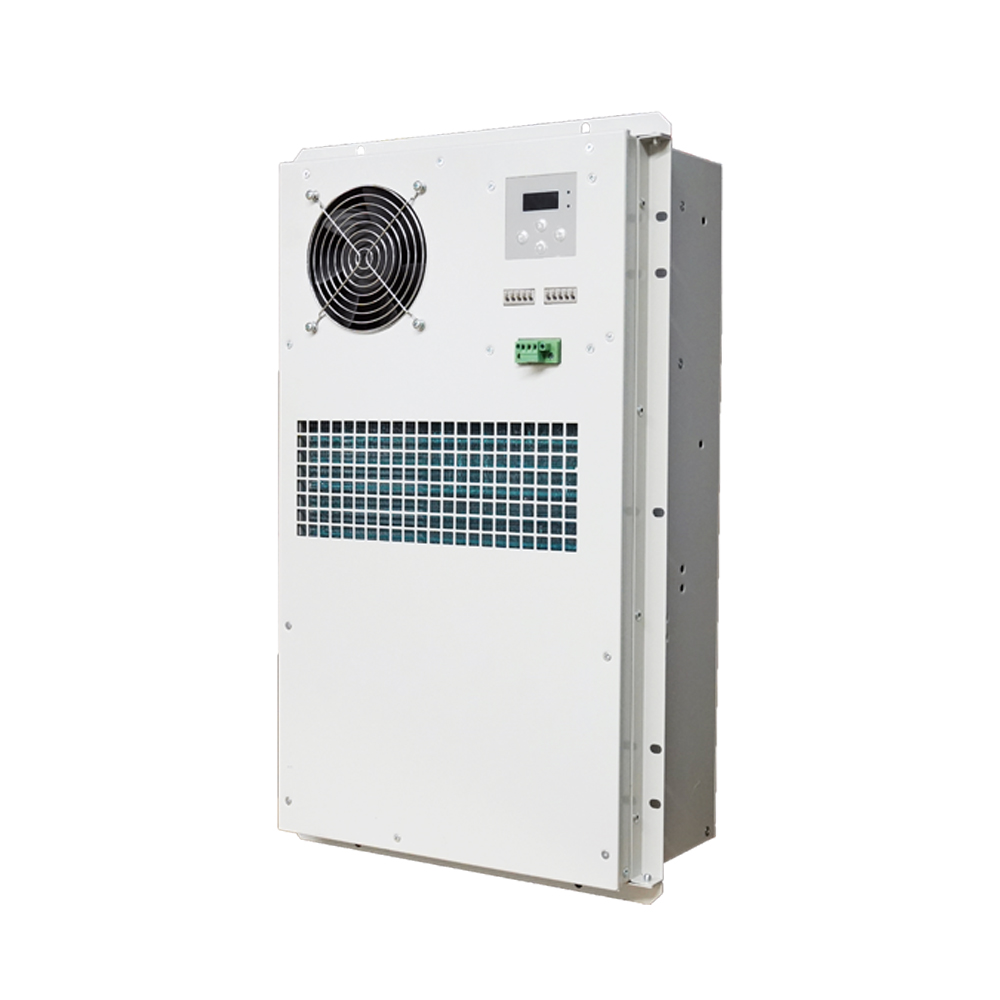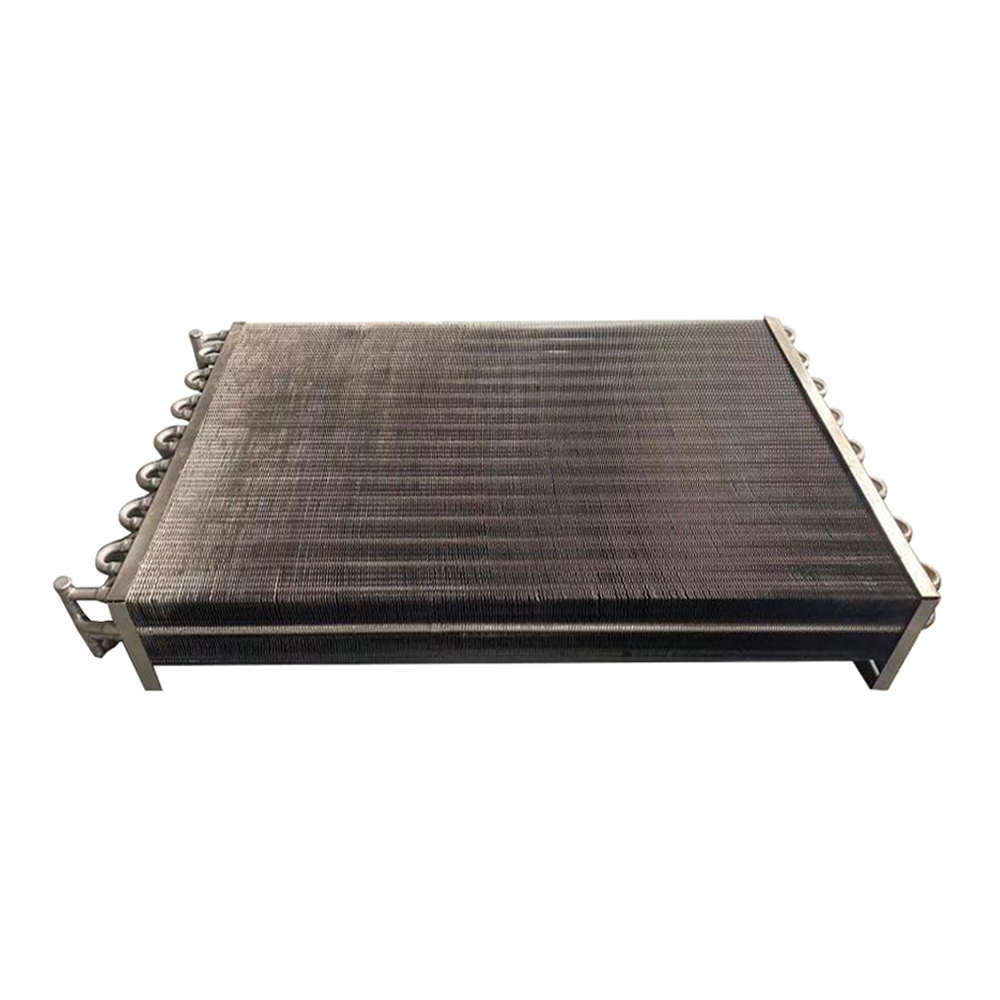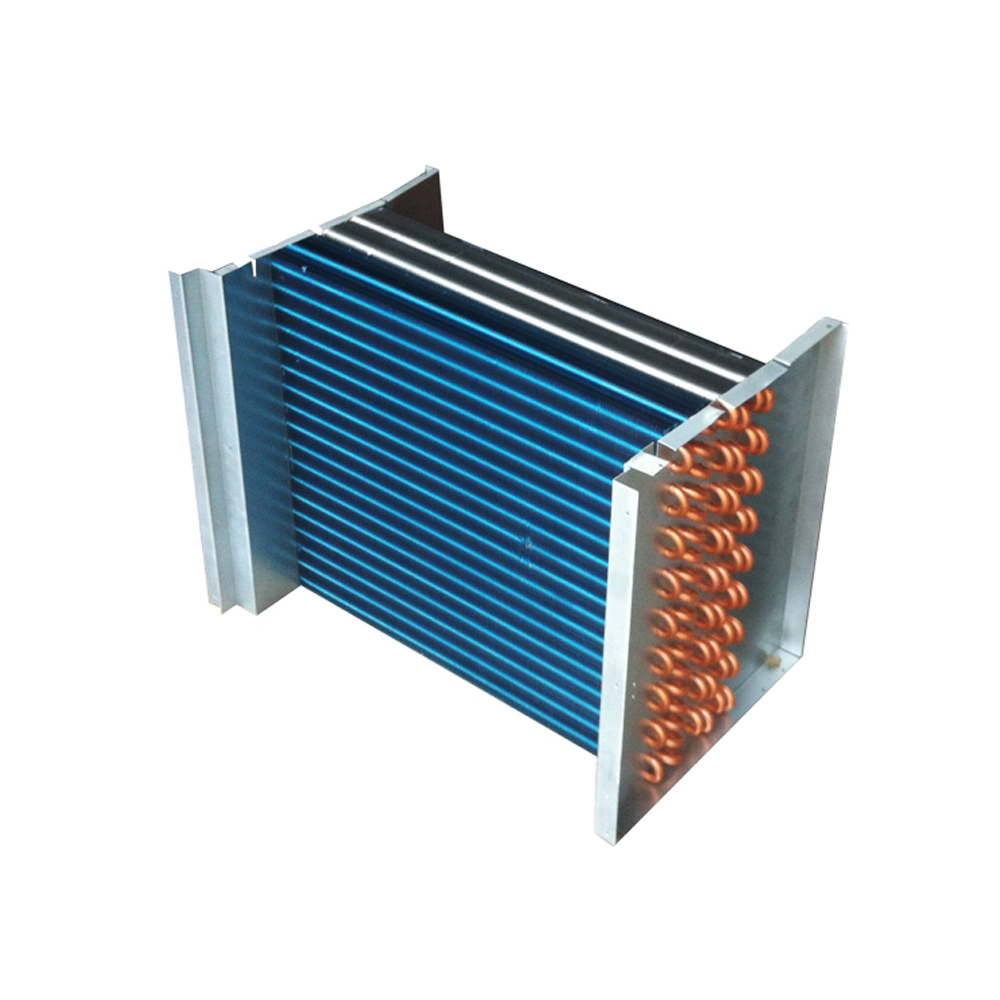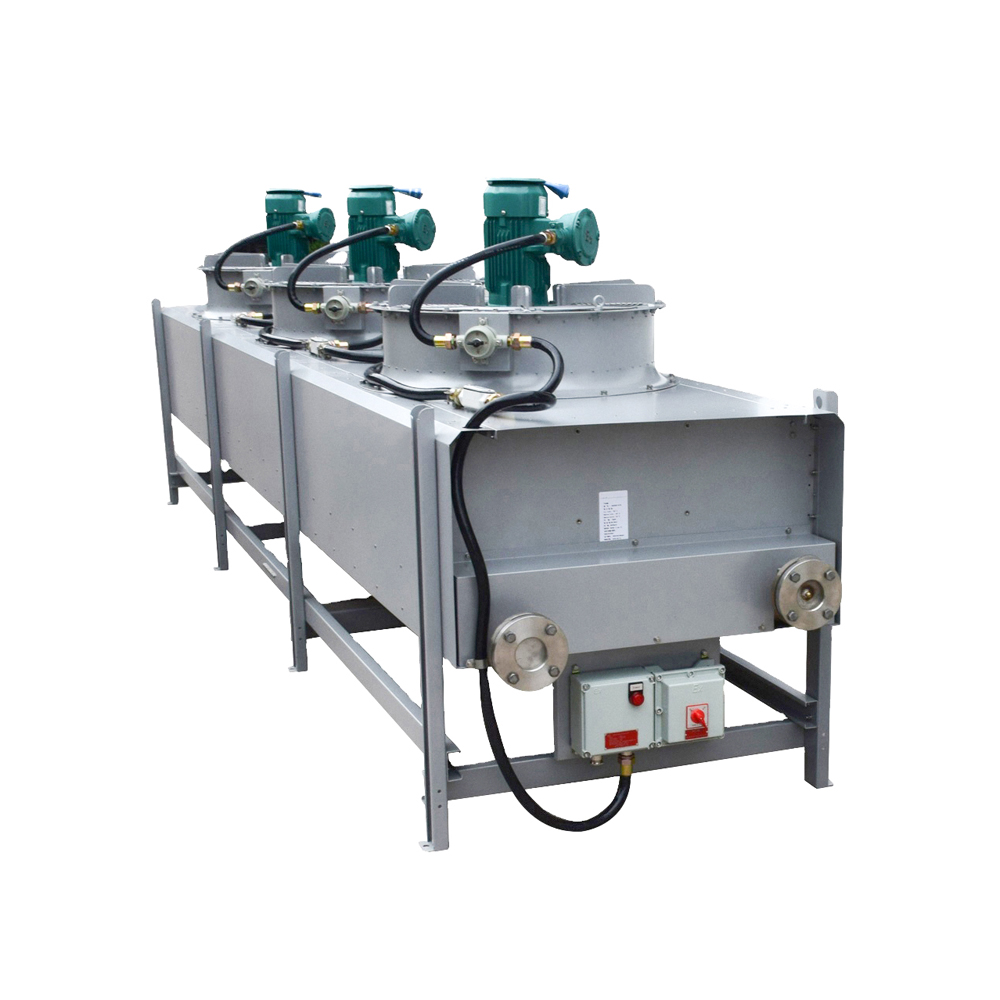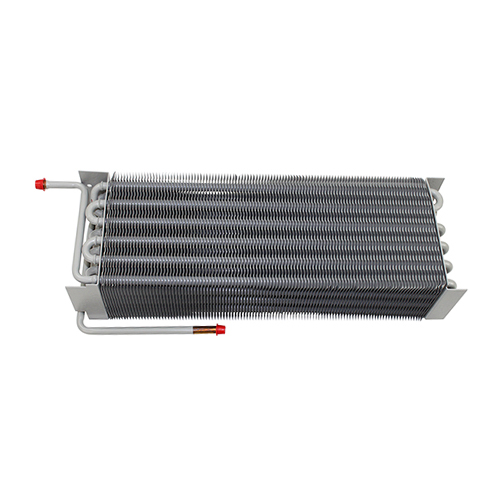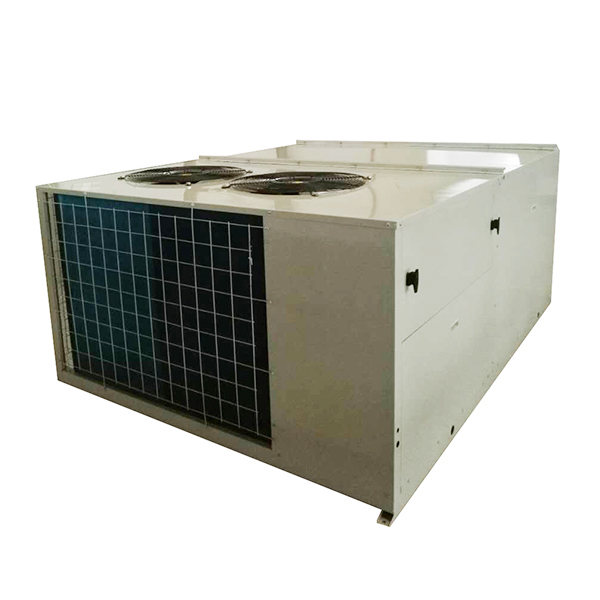This guide provides a detailed overview of evaporators used in heat pump manufacturing, covering their types, functions, selection criteria, and maintenance. Learn about the crucial role evaporators play in the efficient operation of heat pumps and discover key considerations for heat pump factory operations.
Understanding Evaporators in Heat Pump Systems
What is an Evaporator?
The evaporator is a critical component in any heat pump system. It's the heat exchanger where the refrigerant absorbs heat from the surrounding environment (air or water) and changes from a low-pressure liquid to a low-pressure vapor. The efficiency and performance of the entire evaporator in heat pump factory system directly depend on the evaporator's design and operation. Proper selection and maintenance are essential for optimal heat pump performance.
Types of Evaporators Used in Heat Pumps
Several evaporator types are employed in heat pump manufacturing, each with its advantages and disadvantages. Common types include:
- Plate and fin evaporators: Known for their high heat transfer efficiency and compact design, making them suitable for various heat pump applications. They're often found in air source heat pumps.
- Shell and tube evaporators: These are durable and well-suited for larger heat pump systems, especially those using water as a heat source (water source heat pumps). They can handle higher pressures and flow rates.
- Microchannel evaporators: Characterized by their intricate network of small channels, providing a large surface area for heat transfer. This results in high efficiency but also requires careful handling to avoid leaks.
Factors Influencing Evaporator Selection in a Heat Pump Factory
Capacity and Efficiency
The primary consideration is the required cooling capacity of the heat pump. The evaporator must be sized appropriately to handle the desired heat transfer rate. Efficiency, measured by parameters like the Coefficient of Performance (COP), is crucial for minimizing energy consumption and operational costs. Manufacturers like Shanghai SHENGLIN M&E Technology Co.,Ltd (https://www.ShenglinCoolers.com/) offer a range of efficient evaporator in heat pump factory solutions.
Refrigerant Type
The choice of refrigerant significantly impacts evaporator design and performance. Different refrigerants have varying thermodynamic properties, influencing the pressure and temperature conditions within the evaporator. Consider compatibility and environmental impact when selecting a refrigerant.
Material Selection
The material used for the evaporator must be compatible with the refrigerant and operating conditions. Common materials include copper, aluminum, and stainless steel, each with its own advantages in terms of corrosion resistance, heat transfer properties, and cost.
Maintenance and Troubleshooting of Evaporators
Regular Inspection and Cleaning
Regular inspection of the evaporator in heat pump factory for signs of damage, leaks, or fouling is crucial for maintaining efficiency and extending its lifespan. Regular cleaning removes dust and debris that can impede heat transfer.
Leak Detection and Repair
Prompt leak detection and repair are essential to prevent refrigerant loss and potential environmental hazards. Leak detection techniques include pressure testing and specialized leak detection equipment.
Conclusion
The selection and maintenance of evaporators are pivotal to the success of any heat pump manufacturing operation. Understanding the different types of evaporators, their characteristics, and operational considerations is vital for optimizing heat pump performance, efficiency, and longevity. For high-quality, reliable evaporators designed to meet the demands of heat pump factories, consider exploring the offerings from leading manufacturers.









